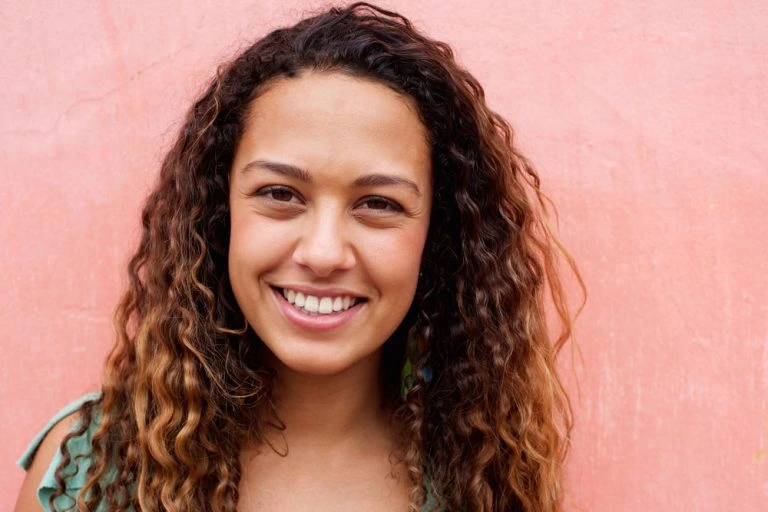Finding Affordable or Even Free Substance Abuse Treatment
A common misconception around drug rehabilitation treatment is that it is unaffordable. This is far from the truth, as there are many ways that a person can receive assistance to receive affordable or even free substance abuse treatment. Abuse and addiction to alcohol, drugs, and tobacco cost the United States an estimated $740 billion in costs on a yearly basis, according to the National Institute on Drug Abuse. Drug abuse costs a person as well as the American people in general. These costs include:

Have you ever wondered if there are free substance abuse treatment centers?
- Lost productivity: Those who suffer from substance abuse have trouble getting and/or keeping a job. They are more likely to experience on-the-job accidents.
- Crime: Drug and alcohol addictions can result in violence, accidents, and crime to support a habit.
- Health care: Drug and alcohol abuse can have devastating effects on a person’s body. Overdoses, chronic health conditions, and other health-related concerns can be the results. This can cost the healthcare system billions of dollars each year.
With this information in mind, insurance companies as well as the federal government have an interest in helping people overcome drug addictions. Therefore, there are many organizations, free substance abuse treatment centers, and insurance companies that will support those wishing to become drug-free.
What Types of Free Addiction Help Are Available?
Insurance plans, Medicare, and Medicaid may cover different levels and amounts of addiction help. Examples of some of the common addiction services include:
- Inpatient treatment
- Outpatient treatment
- Treatment for dual diagnosis, which is a substance abuse disorder and a mental illness, such as depression or anxiety
- Medical detox and the administration of various medications designed to help with detox
- Counseling for relapse prevention
Coverage can vary based on the desired treatments, facilities, and doctors that a person may choose to use. Often, a person can benefit from contacting their insurance company to determine what facilities may be covered. Good questions to ask can include:
- What facilities accept my insurance?
- What services are covered at each facility?
- Are there services that may be only partially covered?
- For what duration of time can I receive care at an inpatient or outpatient treatment program?
Some facilities may also offer payment plans or free addiction help for those struggling with addiction.
Rehab Is an Investment
Even if a person’s insurance does not provide free substance abuse treatment, it is important that a person take steps to seek drug rehabilitation. While going to treatment may represent an initial monetary investment, it is one that offers great returns and ultimately savings. A person must consider several things when weighing the expense that can come with drug rehabilitation. These include:
- The costs that a person spends on drugs and/or alcohol.
- The costs to secure medical care for the long-term health effects that can take a toll on a person due to prolonged substance abuse.
- The lost money earned from having a job, due to the fact that many people who struggled with substance abuse cannot function and/or maintain a job. Also, if a person is arrested for drugs, they will not have an income.
Not only is the decision to seek drug rehabilitation one that makes financial sense, it also gives a person their life back. They no longer have to live with the shadow of substance abuse hanging over their heads. They can live a healthy, productive life once again. These are just some of the many benefits and reasons to seek drug and/or alcohol rehabilitation.
To learn more about how you or a loved one can find resources for affordable or free substance abuse treatment, please call (800) 429-7690.








